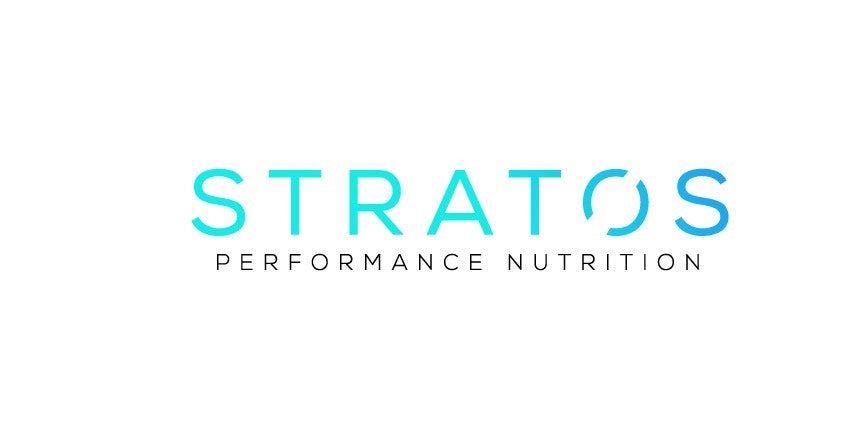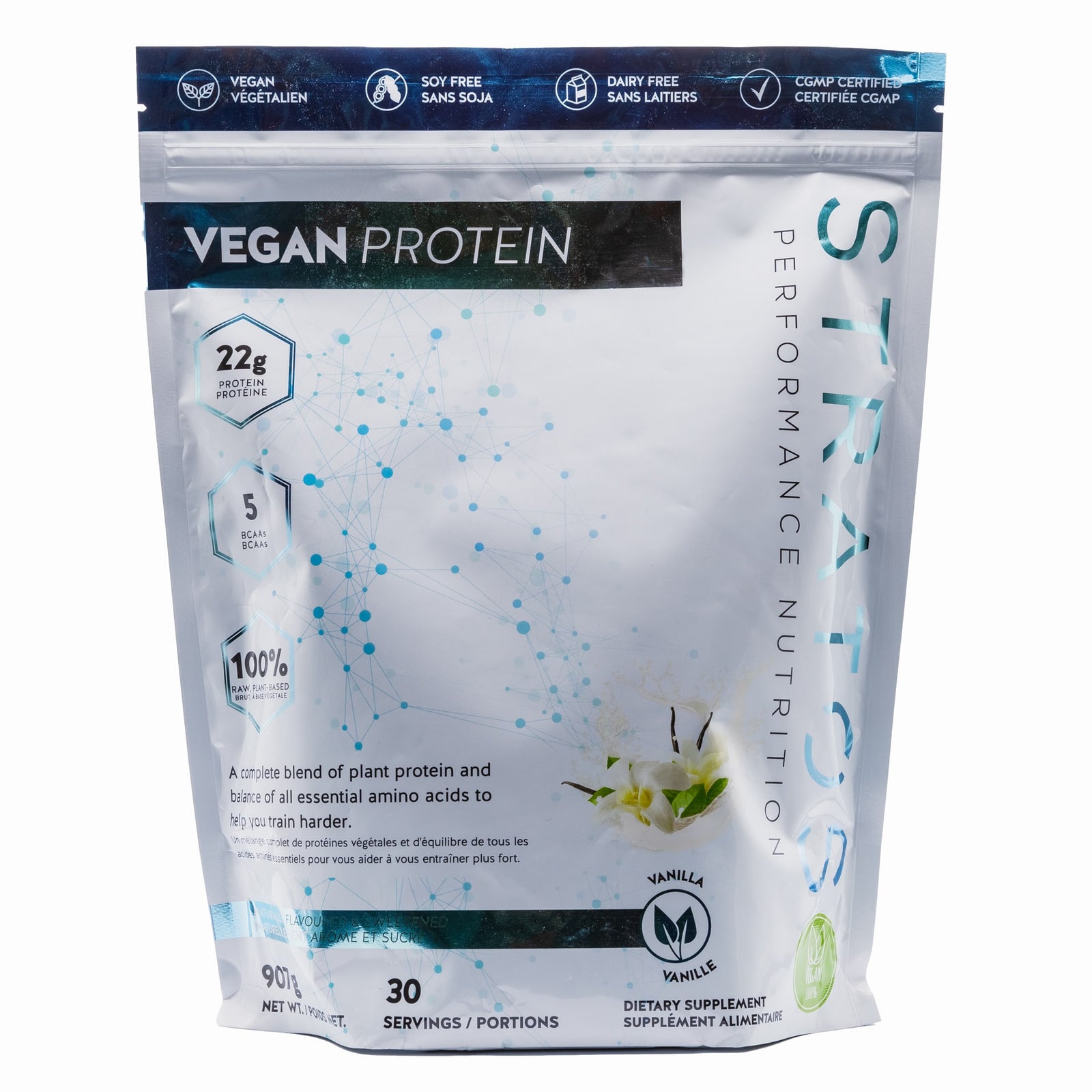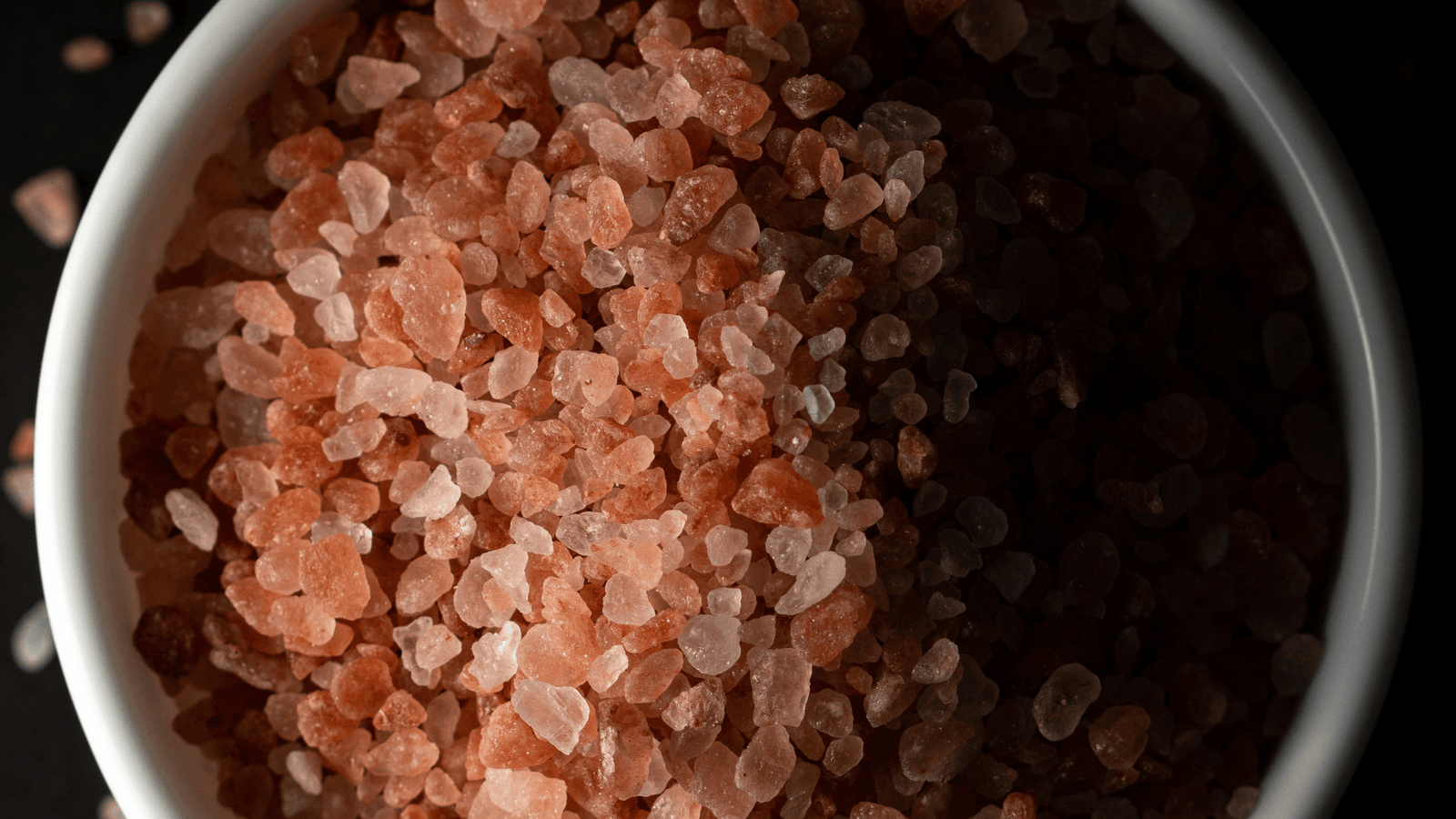Nutrients are substances needed for growth, energy provision and other body functions. Macronutrients are those nutrients required in large amounts that provide the energy needed to maintain body functions and carry out the daily training activities. There are 3 macronutrients which are proteins, carbohydrates and fats.
Protein as a fuel, proteins provide 4 calories per gram. Protein has numerous roles in the body including development and repairing of body tissues such as muscle fibers, forming enzymes, hormones, blood cells, etc. Proteins are made up of building blocks called amino acids. These simpler blocks regulate various body chemicals and hormones. There are twenty amino acids altogether, nine of which are termed essential. This means that they cannot be manufactured by the body and must be obtained from food sources. The 20 amino acids can be linked in thousands of different ways to form thousands of different proteins, each with a unique function in the body. Protein may also increase levels of fullness and boost the metabolic rate. The nine essential amino acids are:
| Leucine | Lysine | Isoleucine | Methionine |
| Phenylalanine | Threonine | Tryptophan | Valine |
Histidine* (* Is not listed as essential for adults, but is very essential for infants)
What to Do: On average consuming 30 – 40 grams of protein at once is all you need to stimulate protein synthesis, but that doesn’t mean you can’t eat more if you want to. There is just no muscle-building advantage but it may be advantageous for managing appetite.
Carbohydrates as a fuel, carbs provide 4 calories per gram. Carbohydrates are commonly referred to as sugars and often make up more than 50 % of the dietary energy derived from food. Carbohydrates are to be eaten before training to help fuel the workout and spare the breakdown of muscle tissue. Consequently, relatively few carbohydrates become stored as body fat. Carbohydrates are consumed immediately after training to refill muscles with glycogen before they are used to increase body fat storage. Carbs consumed before and after training will protect the body against muscle breakdown and support glycogen levels, ultimately helping the body to grow. When carbs are performing an anabolic role (supporting growth) they are not making you fat. There are two types of carbohydrate:
| Complex Carbohydrates | Simple Carbohydrates |
What to Do: Plan your carb intake based on time of day and activity levels. Choose complex carbohydrates and eat throughout the morning and early afternoon. Remember carbohydrates are key to fueling your body for workouts, so select quality options.
Fats as a fuel, fat provides 9 calories per gram. Fats are another essential part of healthy nutrition. It is important to have a full understanding of the differences between each type of fat and which are considered “good fats” i.e. those that are needed to nourish your brain, heart, nerves and hormones. It is also imperative not overindulge and surpass the recommended daily intake. Fats give the sense of feeling full after we eat them. Fats impart flavor to various foods as well. Here is the type of fats that affects your body’s metabolism as well as how much of each type is consumed:
| Polyunsaturated | Monounsaturated | Trans | Saturated |
What to Do: Eat a variety of fats from nuts, seeds, fish, grass-fed meat and dairy. Avoid processed fat and be careful of mainstream fat-filled foods that also contain loads of refined carbs because this combination has been shown to raise triglycerides.
How To Set Up Your Macros
- Calculate your BMR (basal metabolic rate) using the Mifflin-St. Jeor Equation. HERE IS A CALCULATOR
- The results from this equation will provide you with daily caloric intakes based off weight maintenance, weight gain or weight loss.
- Set up your daily macronutrient goals based off the number provided by the calculator above.
- Getting Ripped - 10-30% Carbs, 40-50% Protein, 30-40% Fat.
- Maintaining - 30-50% Carbs, 25-35% Protein, 30-40% Fat
- Endurance Athlete - 40-60% Carbs, 25-35% Protein, 15-25% Fat









Leave a comment (all fields required)